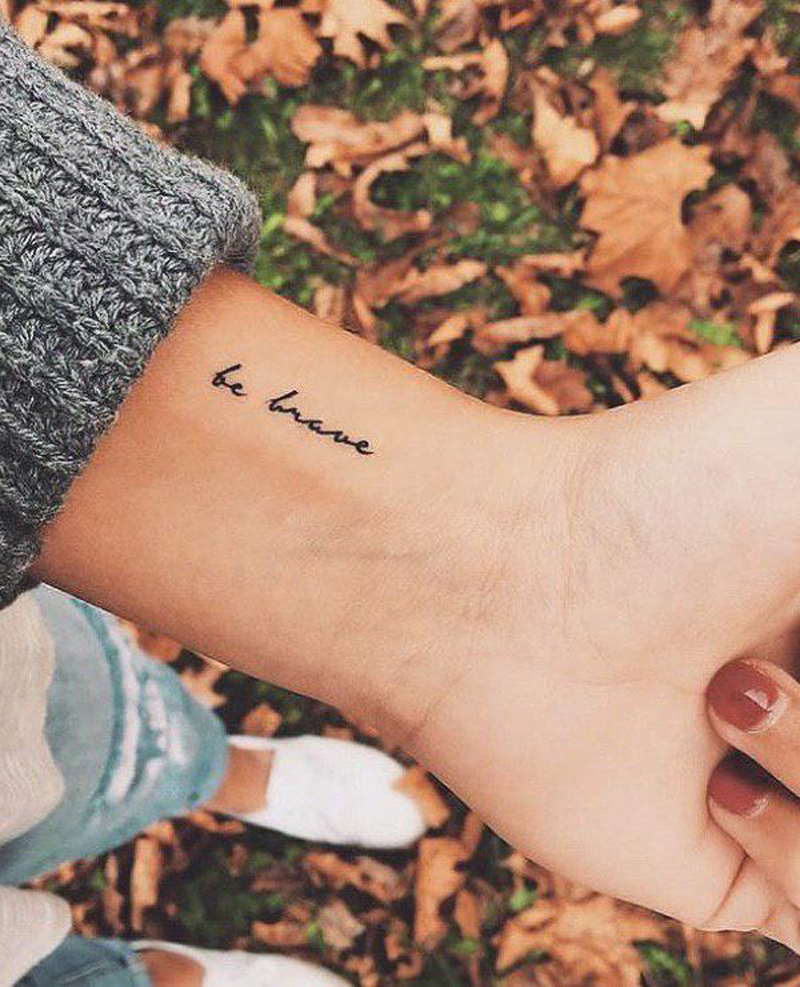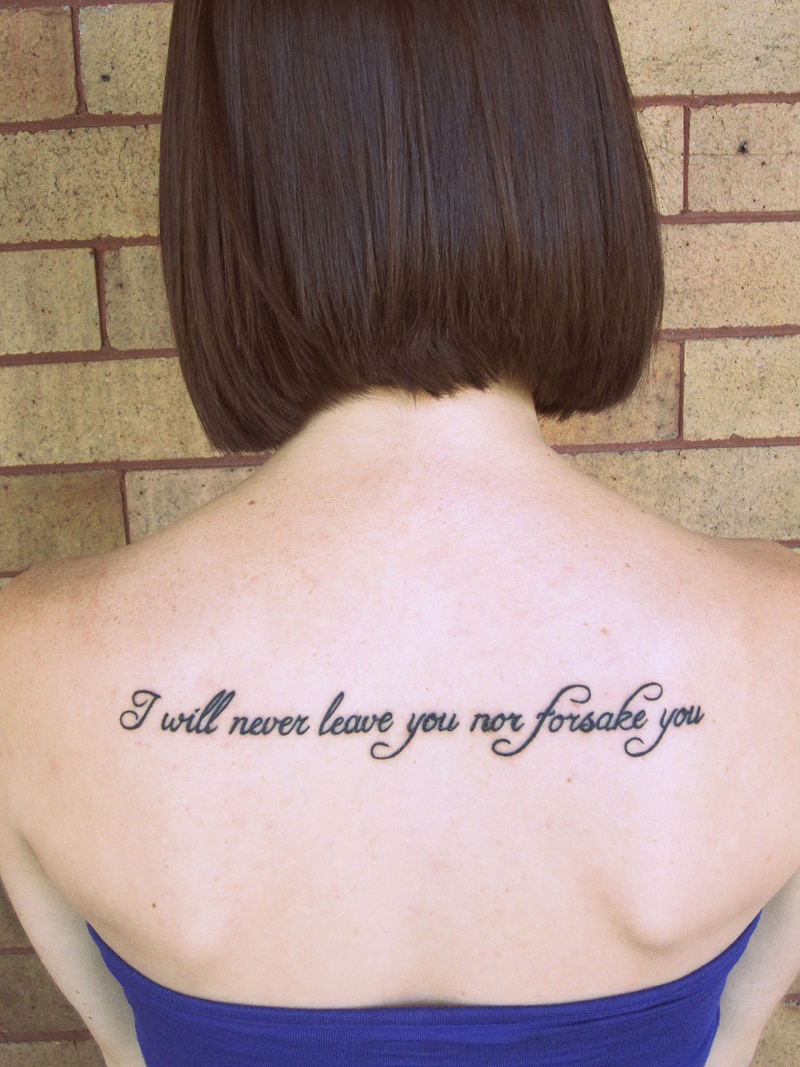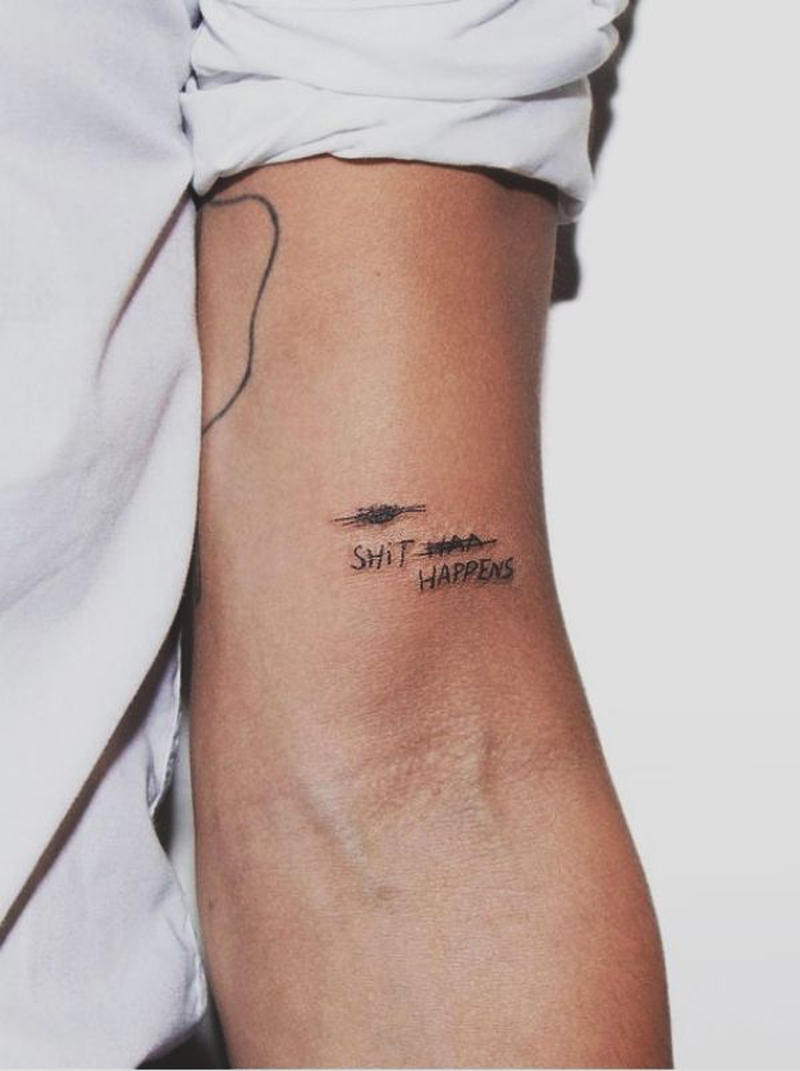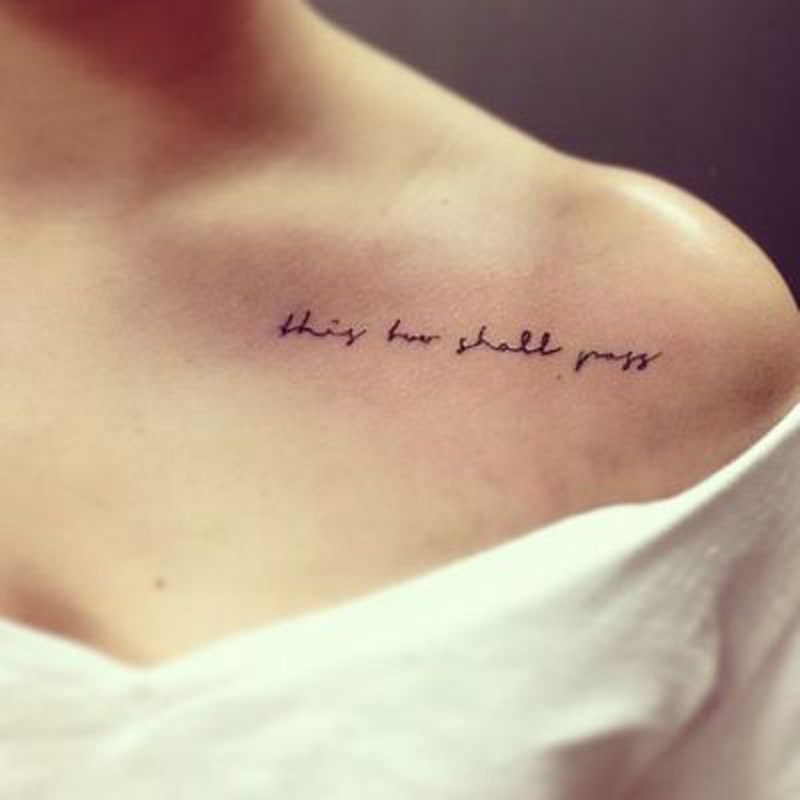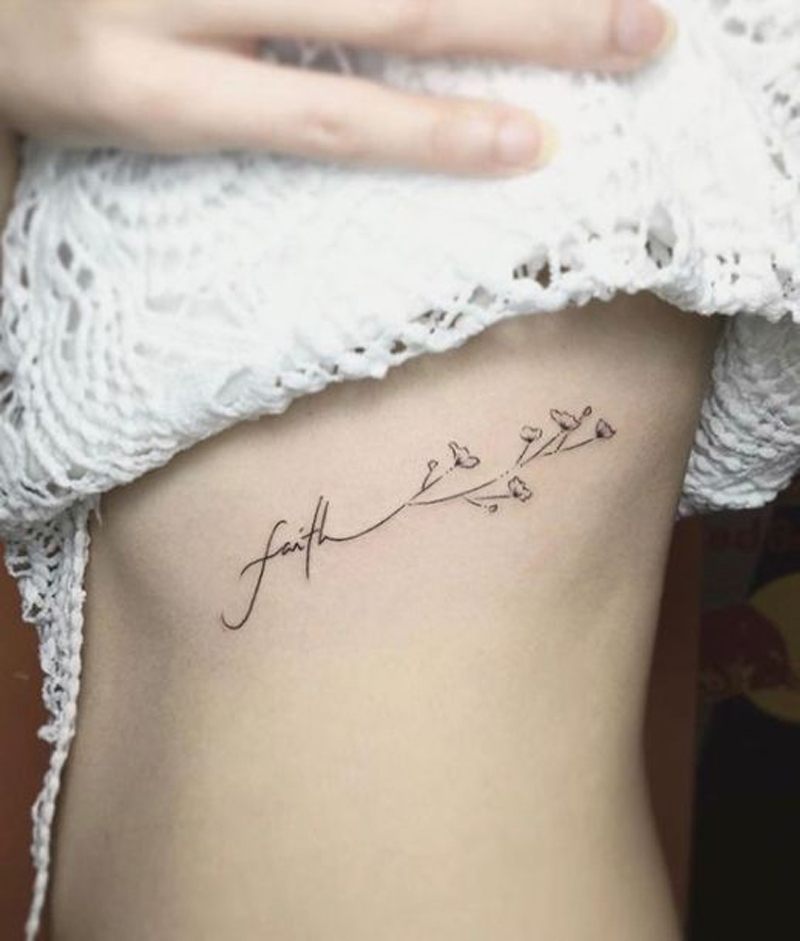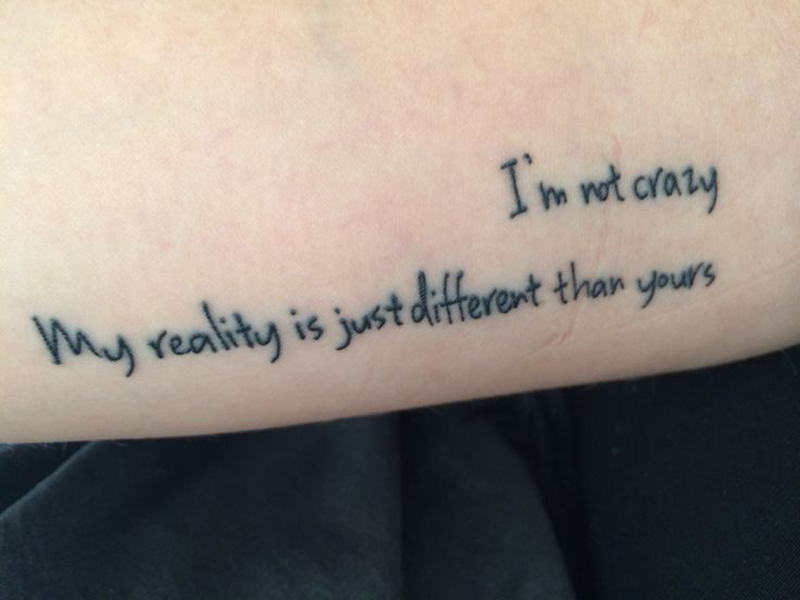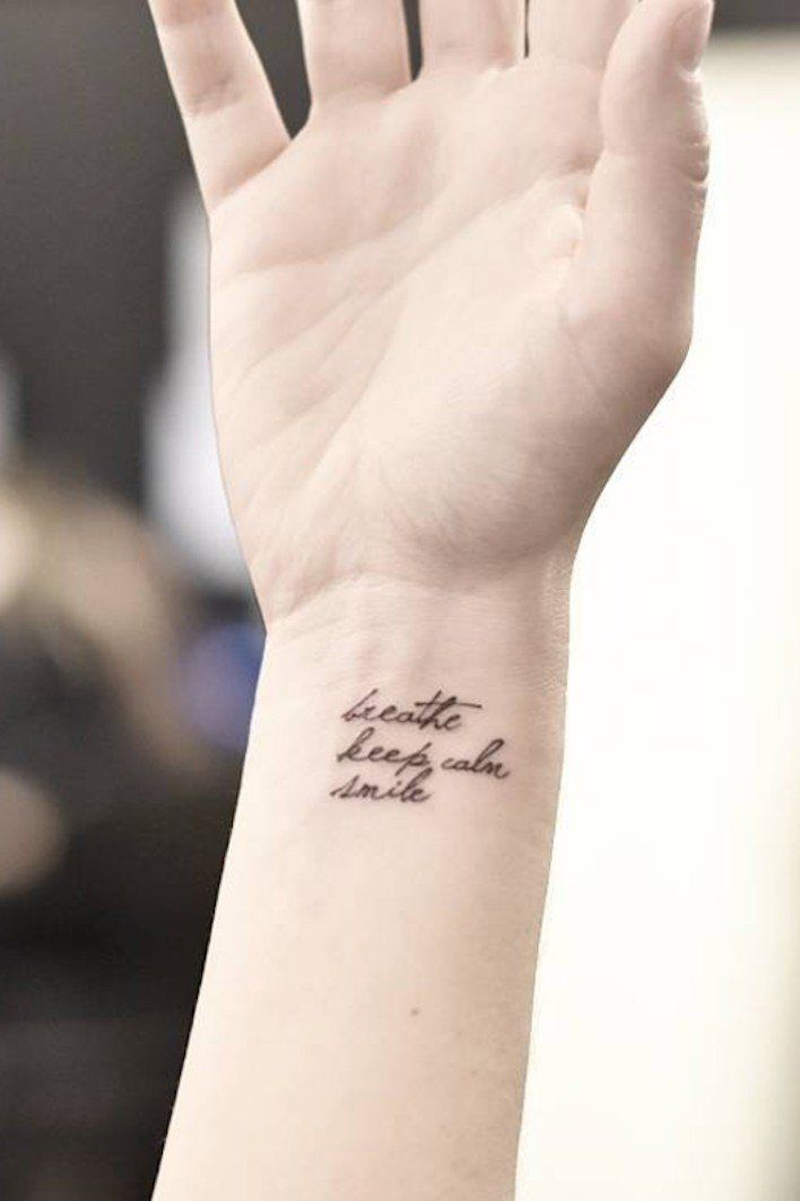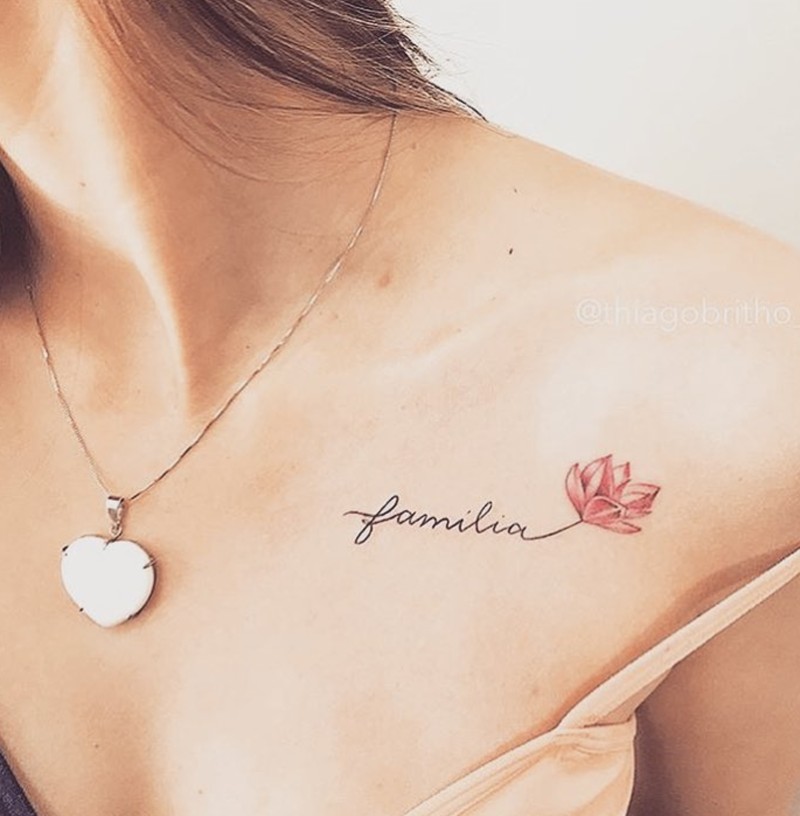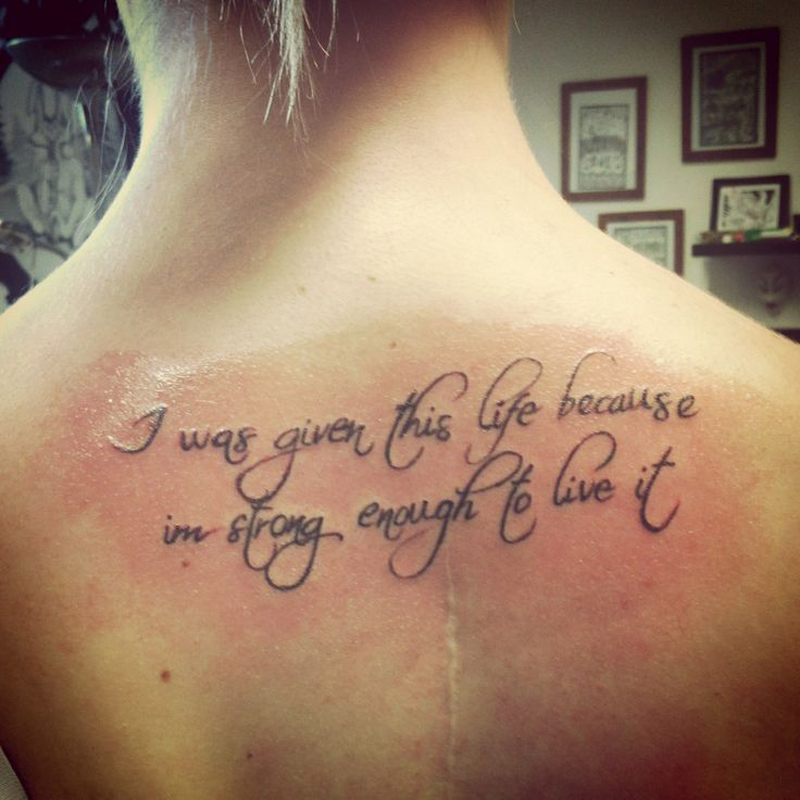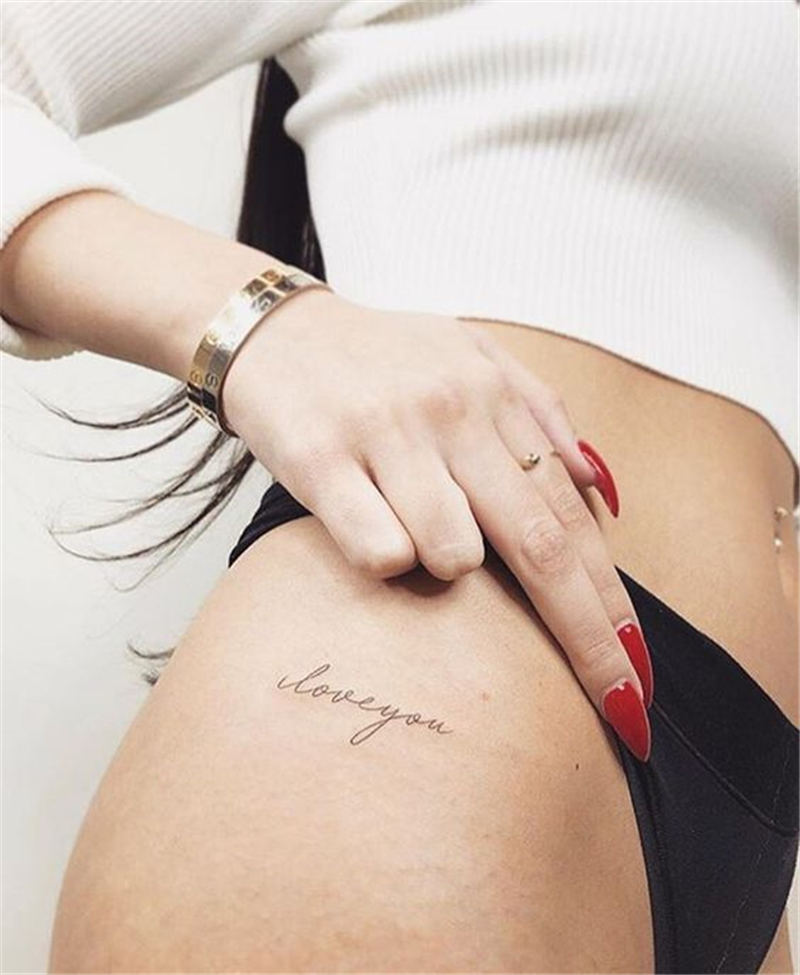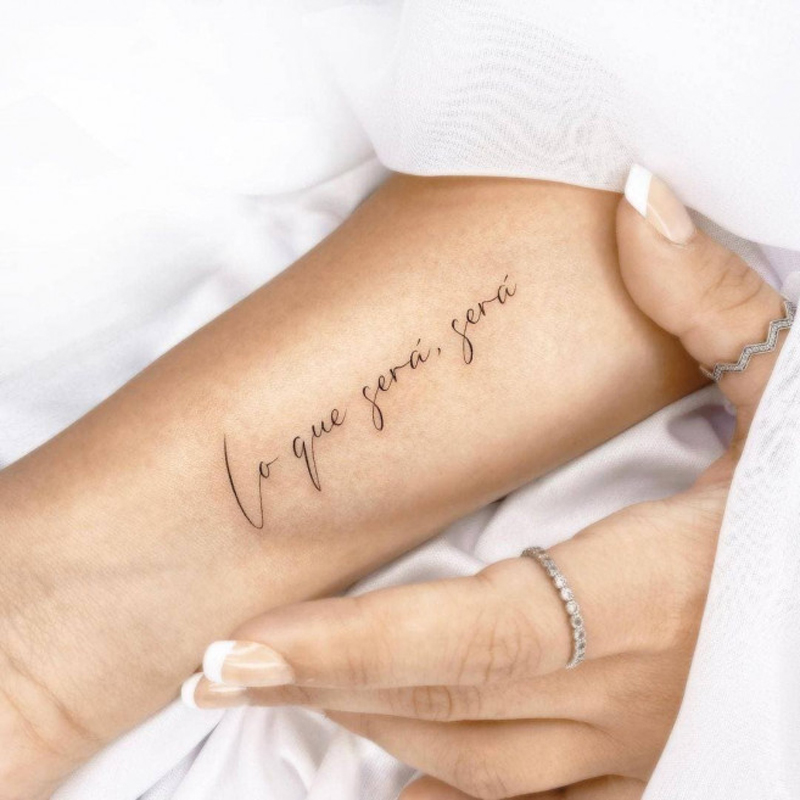Getting a tattoo is a significant decision that requires careful consideration. To find motivation for a tattoo you want but lack the courage to get, visualize the end result and how it will make you feel. Talk to others who have tattoos, research the process, find the right artist, and consider starting with a small tattoo in a less visible area to build your confidence. Remember to take the time to think it through and make sure it’s a decision you’re comfortable with.
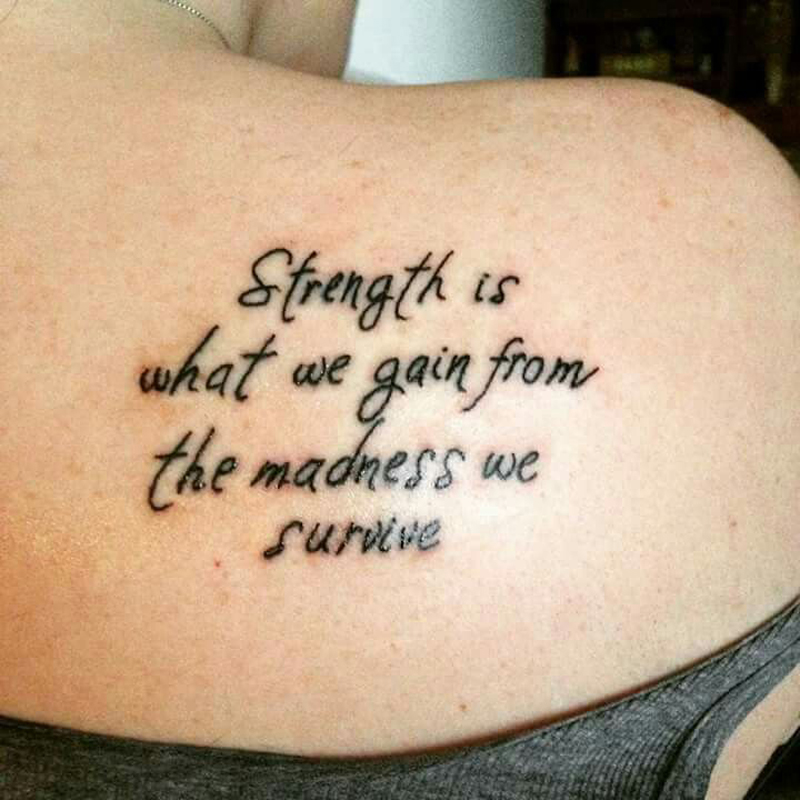
Tattoos can help you to better understand a design because they provide a tangible, three-dimensional representation of the design. When you see a design on paper or a computer screen, it can be difficult to imagine how it will look on a real-life canvas like your skin. However, when the design is tattooed onto your skin, you can see how it interacts with your body’s shape and texture, and how it looks in different lighting conditions.
Getting a tattoo also allows you to experience the design firsthand, giving you a better understanding of its meaning and symbolism. For example, if you get a tattoo of a specific animal, you may feel a deeper connection to that animal and its characteristics after having it tattooed onto your skin.
In addition, getting a tattoo requires a significant commitment of time, money, and physical discomfort. This can help you to better understand the importance of the design and the significance it holds for you.
Overall, getting a tattoo can provide a unique and personal perspective on a design, allowing you to fully appreciate its beauty and meaning in a way that is not possible with other forms of art.
Tips to help you find the courage and motivation to get the tattoo you want
It’s normal to feel nervous or hesitant about getting a tattoo, especially if it’s your first one. Here are some tips to help you find the courage and motivation to get the tattoo you want:
Visualize the End Result: Try to visualize how you will feel once you have the tattoo you want. Will it bring you joy, confidence, or a sense of accomplishment? Focus on this positive outcome to help motivate you to take the next step.
Talk to Others: Reach out to friends or family members who have tattoos and ask them about their experiences. Hearing their stories and seeing their tattoos in person may help alleviate some of your fears and inspire you to take the leap.
Research the Process: Educate yourself about the tattooing process so that you know what to expect. Understanding the equipment, the steps involved, and aftercare can help you feel more comfortable and confident about getting a tattoo.
Find the Right Artist: Look for an artist whose work you admire and who makes you feel comfortable. It’s important to find an artist who can bring your vision to life and who you trust to create a high-quality tattoo.
Start Small: If you’re still feeling nervous, consider starting with a small tattoo in a less visible area of your body. This can help you get used to the tattooing process and build up your confidence for a larger tattoo in the future.
Remember, getting a tattoo is a personal decision, and it’s important to take the time to think it through. If you find the motivation and courage to get the tattoo you want, you’ll have a meaningful and beautiful piece of art that you can cherish for years to come.
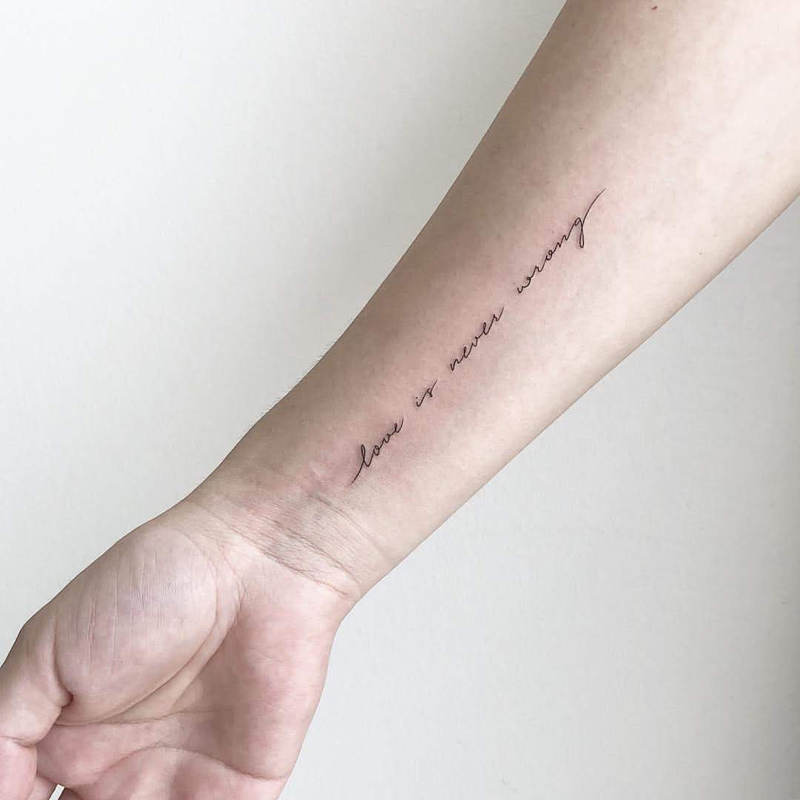
Here is a guide to help you decide if getting a tattoo is right for you:
Consider Your Motivation: Before getting a tattoo, it’s essential to consider your motivation. Are you getting a tattoo because it’s something you truly want, or are you getting one because of external pressures or trends? Take the time to reflect on your reasons for wanting a tattoo and make sure it’s something you’re doing for yourself, not anyone else.
Think About Placement: Another essential factor to consider is the placement of the tattoo. Do you want a visible tattoo or one that can be easily covered up? Think about how the tattoo will impact your daily life, including your job or personal relationships. It’s important to choose a placement that you’re comfortable with and that aligns with your personal values.
Research Tattoo Artists: Finding the right tattoo artist is crucial to ensuring a positive experience. Research different artists in your area, look at their portfolios, and read reviews from previous clients. Choose an artist who has experience in the style you’re interested in and who you feel comfortable working with.
Choose Your Design: Choosing a design is one of the most exciting parts of getting a tattoo. Take the time to research different designs and styles to find one that resonates with you. You can also work with your tattoo artist to create a custom design that is unique to you.
Consider the Pain Factor: It’s important to understand that getting a tattoo can be painful. While everyone’s pain tolerance is different, it’s important to prepare yourself mentally and physically for the process. Consider the size and placement of the tattoo when thinking about the pain factor.
Be Prepared for Aftercare: After getting a tattoo, it’s crucial to follow proper aftercare instructions to ensure proper healing. This includes keeping the tattoo clean, avoiding exposure to the sun or water, and using healing ointment as recommended by your tattoo artist.
In conclusion, getting a tattoo is a personal decision that requires careful consideration. By taking the time to reflect on your motivations, considering the placement, researching tattoo artists, choosing a design, understanding the pain factor, and preparing for aftercare, you can make an informed decision about whether or not getting a tattoo is right for you.
It’s important to discuss the dimensions with your tattoo artist and work together to find the right size for your design and body. The artist can provide guidance based on their expertise and help you achieve the desired outcome.
The Perfect Fit: A Guide to Deciding on the Right Dimensions for Your Tattoo
When it comes to deciding on the dimensions of your tattoo, there are a few factors to consider. Here are some tips to help you decide on the right dimensions for your tattoo:
Placement: The placement of your tattoo will impact the size of the design. If you have a specific spot in mind, measure the area and consider the shape of the body part to determine the ideal size for your tattoo.
Detail: The level of detail in the design will also impact the size of the tattoo. If the design is intricate, it may need to be larger to capture all the details.
Style: Different tattoo styles may require different sizes. For example, a minimalist tattoo may be smaller in size, while a full sleeve tattoo will require a larger canvas.
Longevity: Consider how long you want the tattoo to last. If you want the tattoo to last a lifetime, a larger design may be more appropriate to ensure the details do not fade over time.
Personal Preference: Ultimately, the size of your tattoo comes down to personal preference. Some people prefer smaller tattoos that can be easily concealed, while others prefer larger tattoos that make a statement.
